Human Performance (HPRG)

Established in 2008 as the Sport, Performance, and Fatigue Research Unit (SPF), our group initially comprised academic staff and PhD students from the Centre for Sports & Exercise Science, along with applied sport scientists from the Human Performance Unit.
Over the past decade, our expertise has grown and diversified, particularly since 2017, when Physiotherapy and Sports Therapy merged with the Centre for Sport & Exercise Sciences. This merger formed a new department within the Faculty of Science & Health - Sport, Rehabilitation, and Exercise Sciences.
Our research in human and sports performance is internationally recognised, encompassing a broad spectrum of academic disciplines, including physiology, neurophysiology, biochemistry, nutrition, biomechanics, psychology, coaching, and rehabilitation therapies.
As our membership and research interests have continued to evolve, our focus has expanded beyond sport to encompass performance in various social and environmental settings. Reflecting this broader scope, we rebranded in 2022 as the Human Performance Research Group.
Purpose
Our purpose is to conduct world-leading and impactful research that enhances the engagement, optimisation, and achievement of human performance across sport, work, and other social contexts. We are committed to conducting applied and basic science research on contemporary issues of relevance, importance, and impact. We strive to continually improve the quality, impact, and recognition of our research by seeking out and, where beneficial, collaborating with academic, industry, and community partners. Our research outputs will be made as accessible as possible to a wide audience, including through peer-reviewed open-access journal articles, conferences, public presentations, and stakeholder engagement events.
Vision
Our vision is to be globally recognised for our contributions to understanding and enhancing human performance. We aim to be at the forefront of research that not only advances academic knowledge but also has practical applications that improve lives and societal outcomes.
Mission and Focus
Our research is driven by the need to address critical issues in human performance. We focus on several key areas:
- Optimisation of athletic performance: Investigating physiological, psychological, and biomechanical factors that contribute to peak athletic performance.
- Workplace performance and wellbeing: Exploring how environmental, physical, and psychological factors affect performance and wellbeing in occupational settings.
- Rehabilitation and recovery: Enhancing methods for rehabilitation post-injury and improving recovery processes for athletes and the general population.
- Transdisciplinary approaches to performance: Integrating insights from multiple disciplines to develop holistic approaches to human performance.
Values
Our work is guided by the following core values:
- Excellence: We are committed to conducting high-quality, rigorous research that adheres to the highest academic standards.
- Innovation: We employ creative and novel methodologies to explore new frontiers in human performance research.
- Community: We value intellectual generosity and aim to foster a collaborative research environment that benefits all members of our community.
- Collaboration: We prioritise altruistic collaboration, both within our group and with external partners, to maximise the impact of our research.
- Impact: Our research is driven by the goal of making a tangible, positive difference in society, whether through improved performance, health, or wellbeing.
- Ethical Integrity: We uphold the highest ethical standards in all aspects of our research, ensuring that our work is conducted with integrity and respect.
- Transdisciplinary Approach: We embrace a transdisciplinary approach, recognising that complex performance issues require insights from multiple fields.
Membership
The Human Performance Research Group at the University of Essex comprises a diverse membership of academics and practitioners with expertise in exercise physiology, physiotherapy, sports therapy, coaching, strength and conditioning, nutrition, performance analysis, and psychology.
Our members are dedicated to advancing the understanding of human performance through rigorous research and applied practice.
News and projects

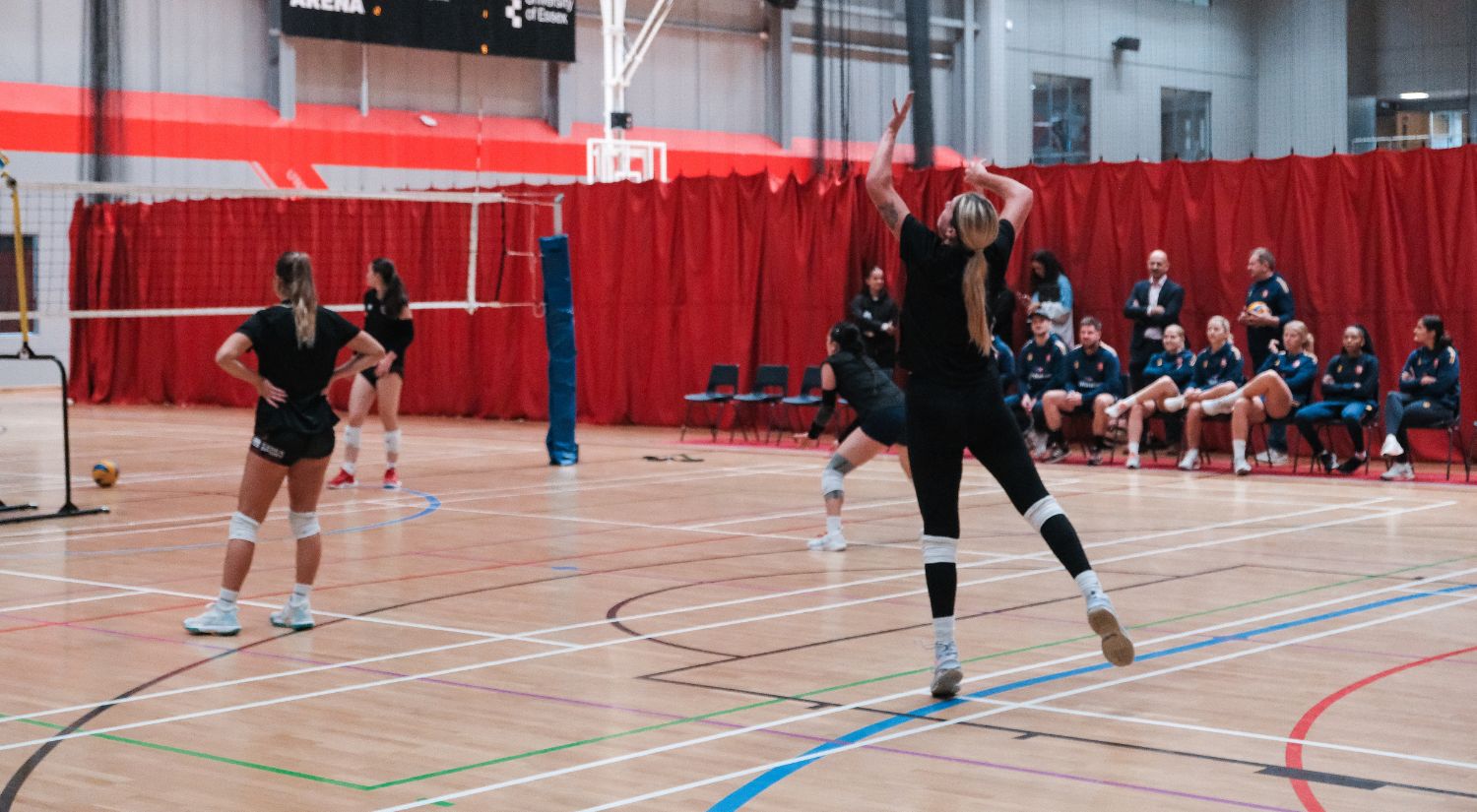
Selected papers
Our academics
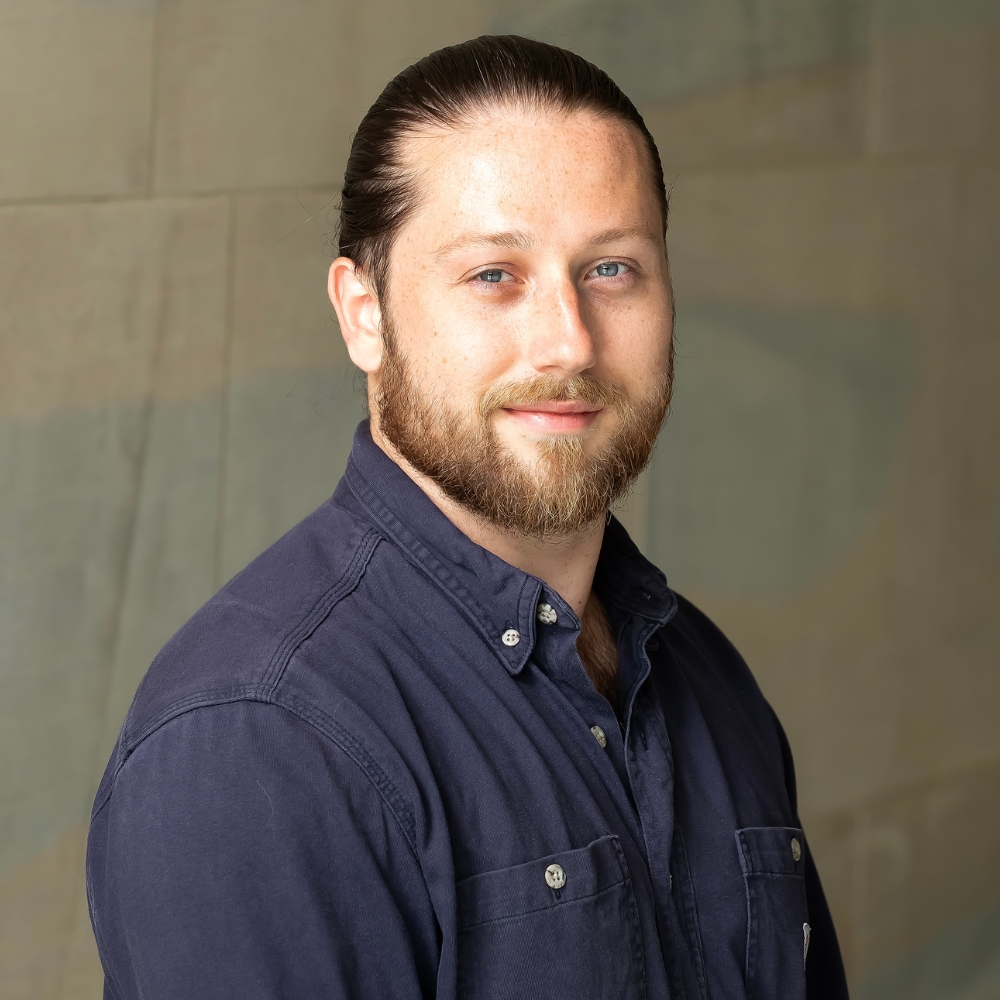



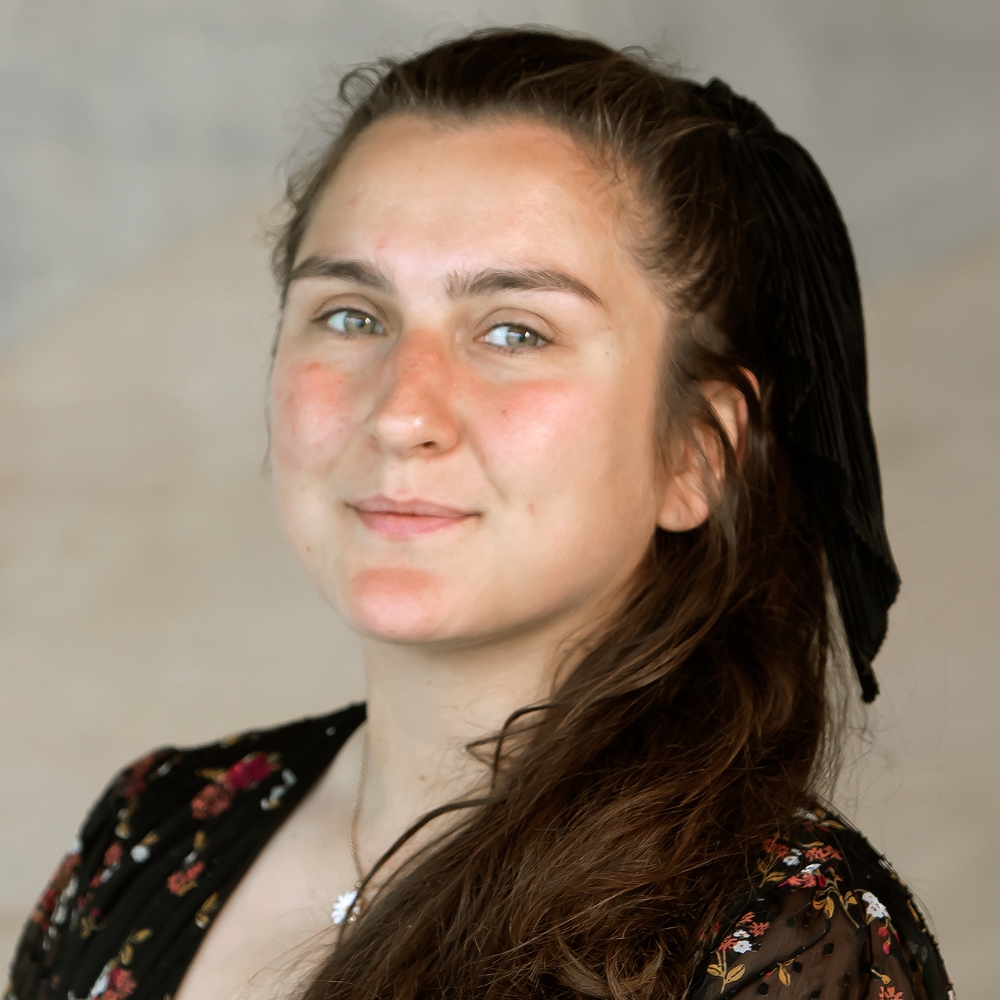


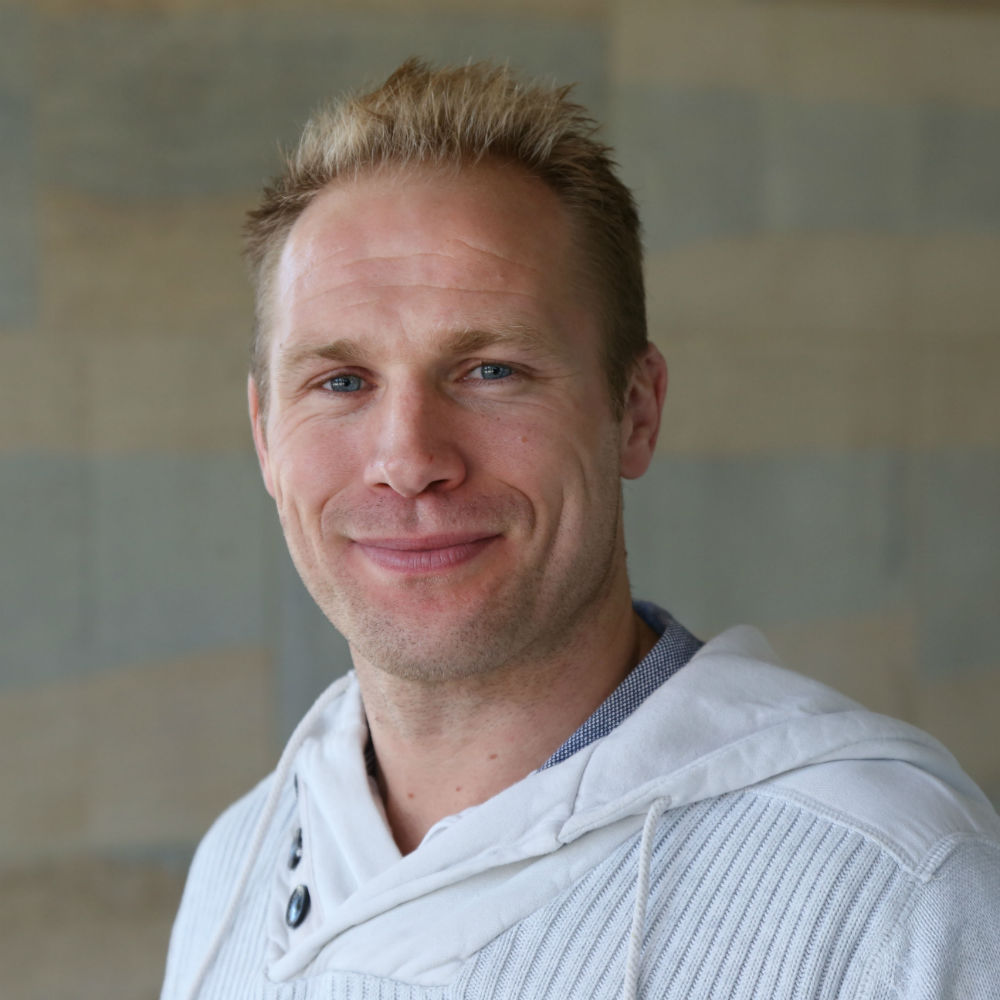




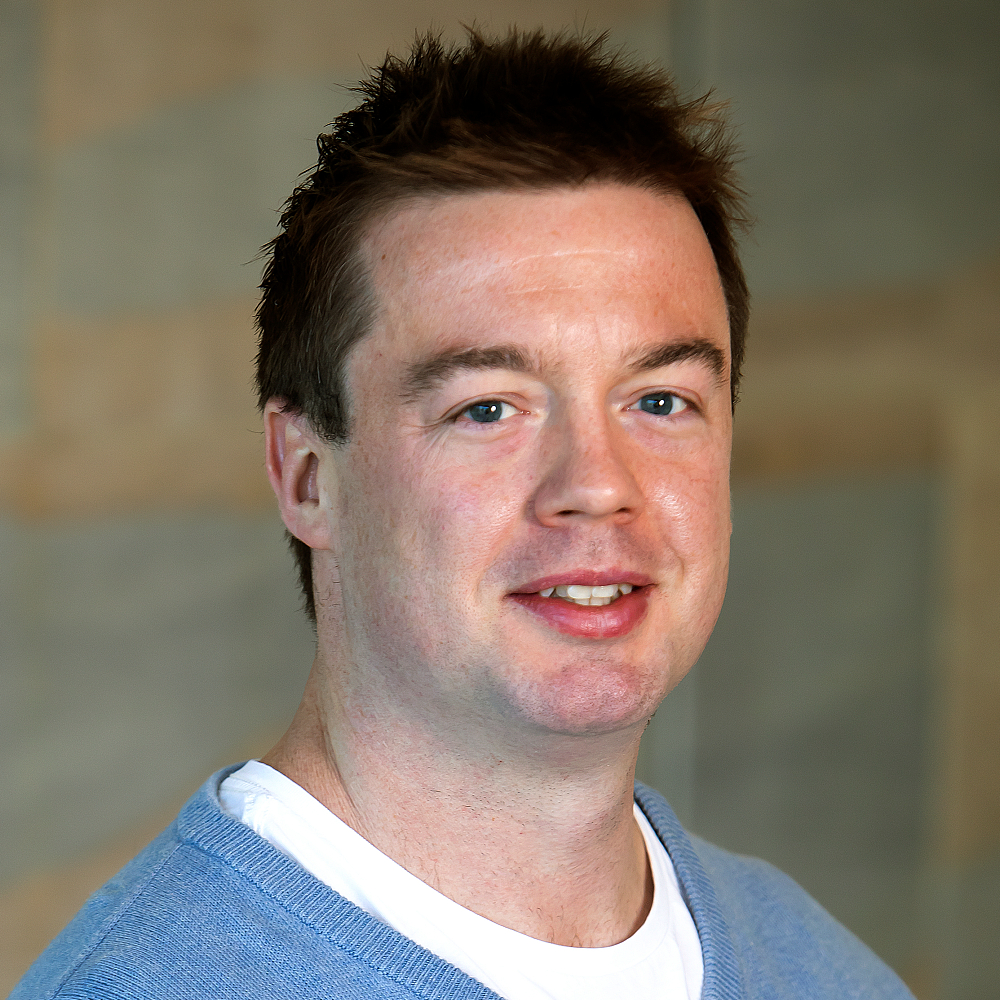
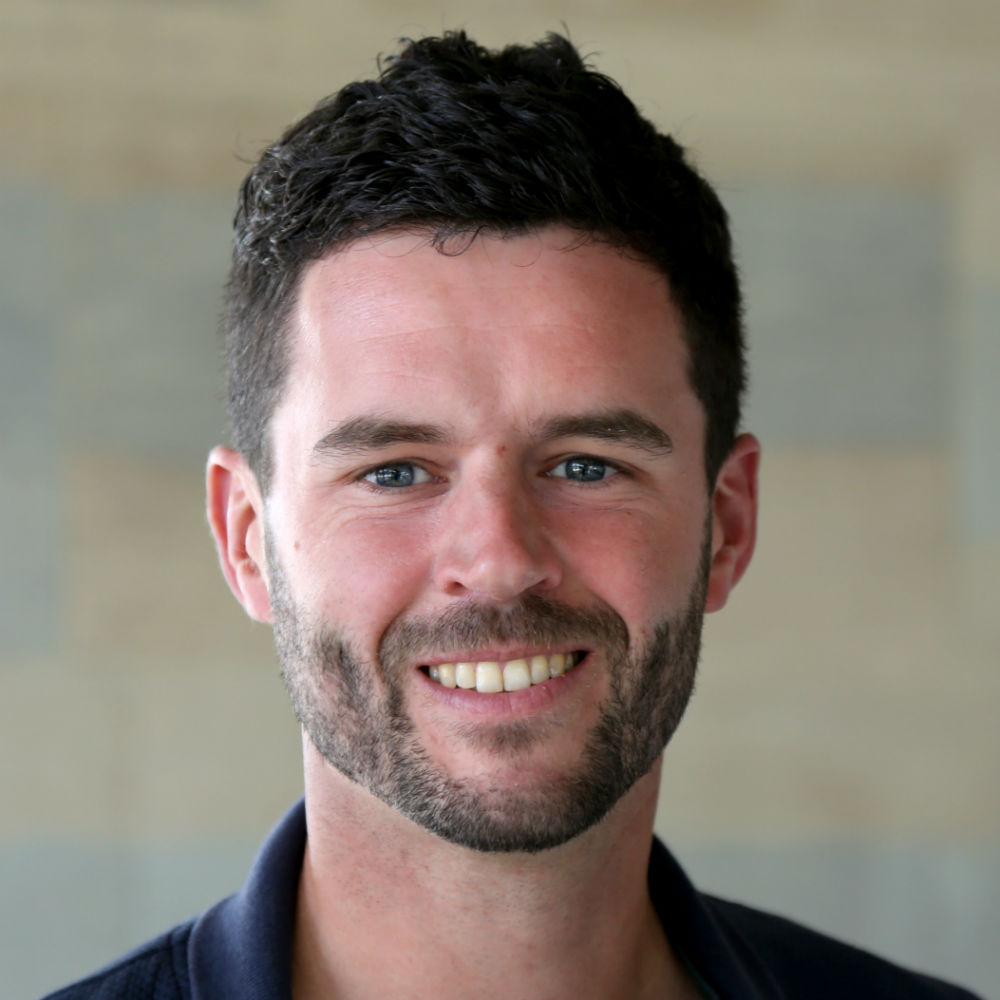

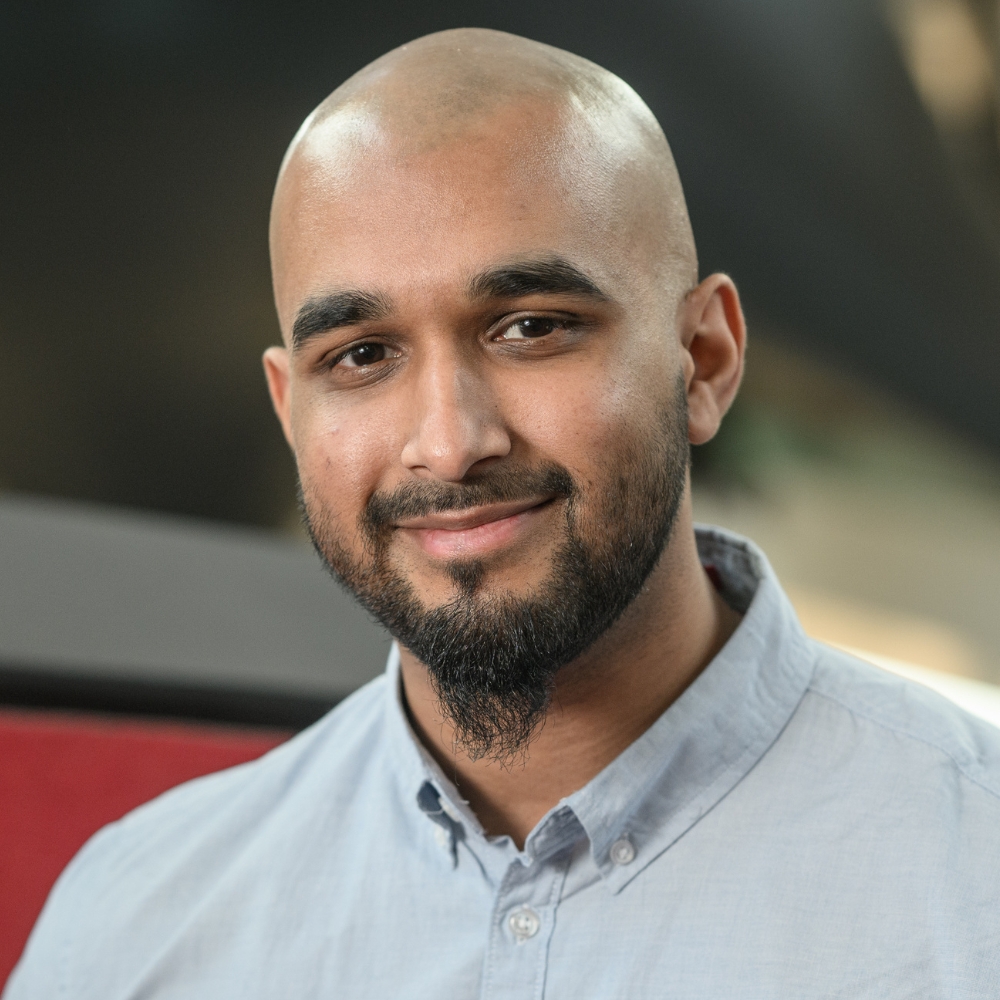

Research students



Thesis title: The Efficacy of Psyching-Up on Maximal Force Production




Here at Essex our world-leading experts are at the forefront of the fast-changing world of sport science. Partnering with top professional teams, governing bodies, and athletes our research has raised the standards and made a real difference to how we all train, play and win.




